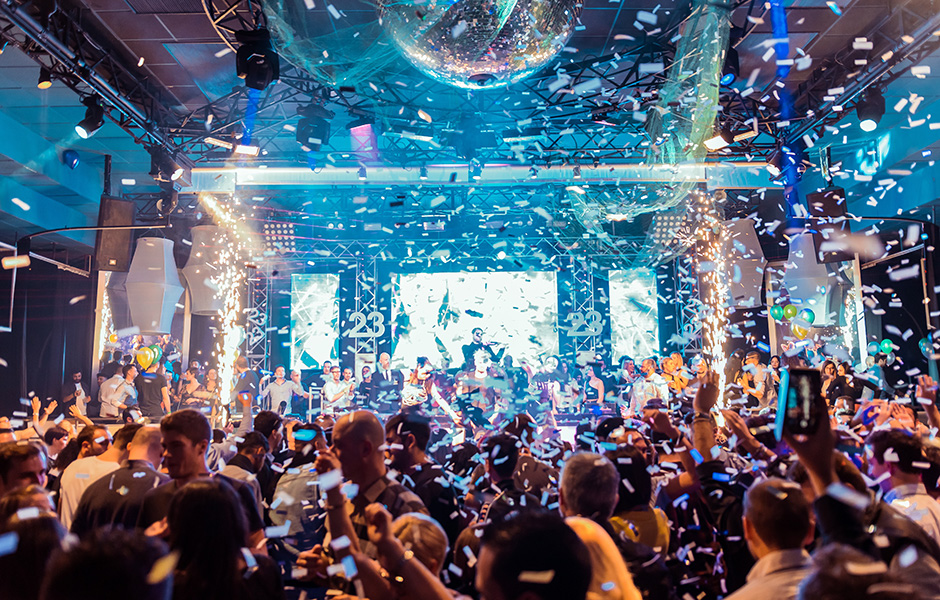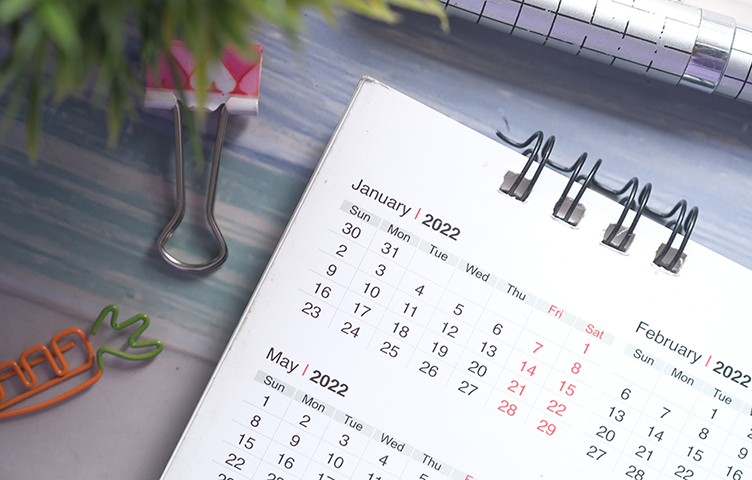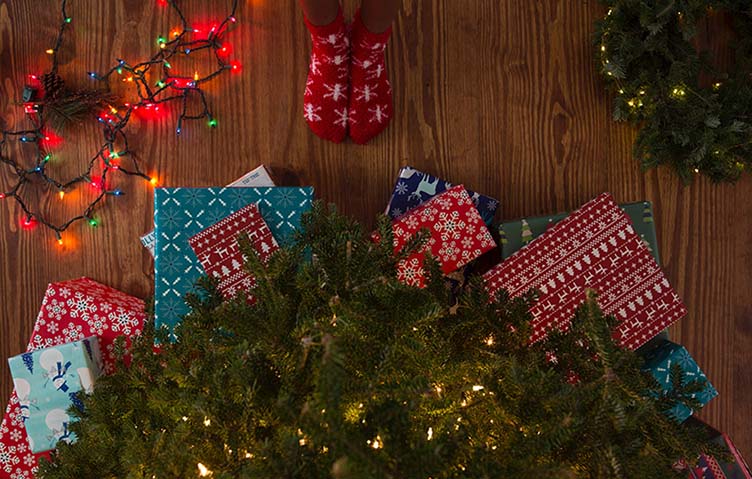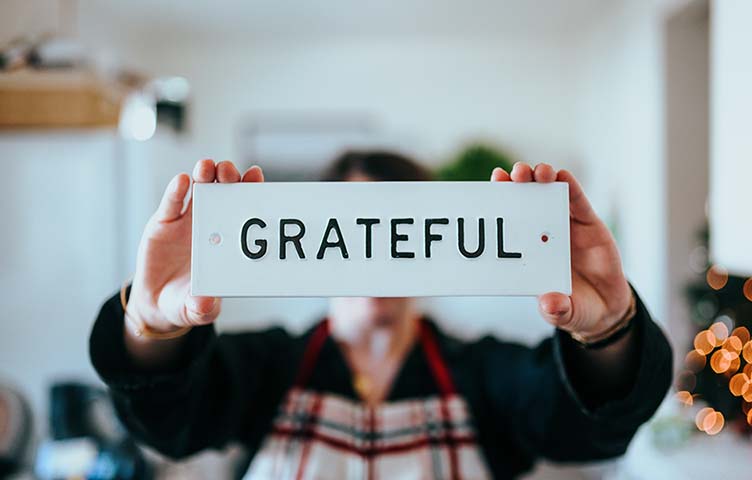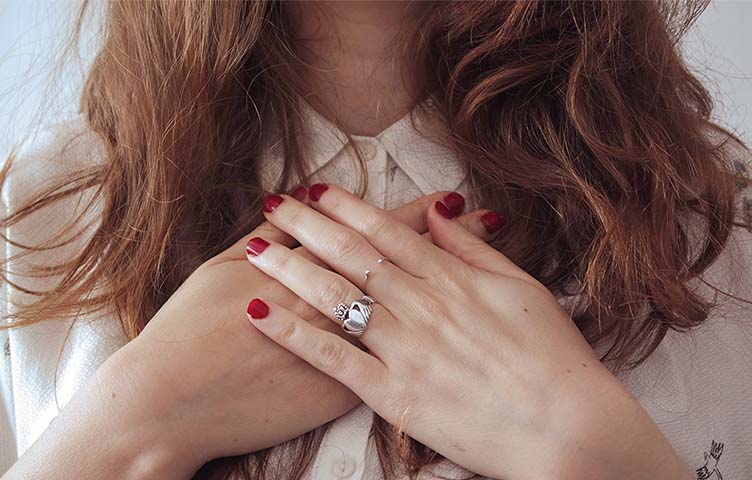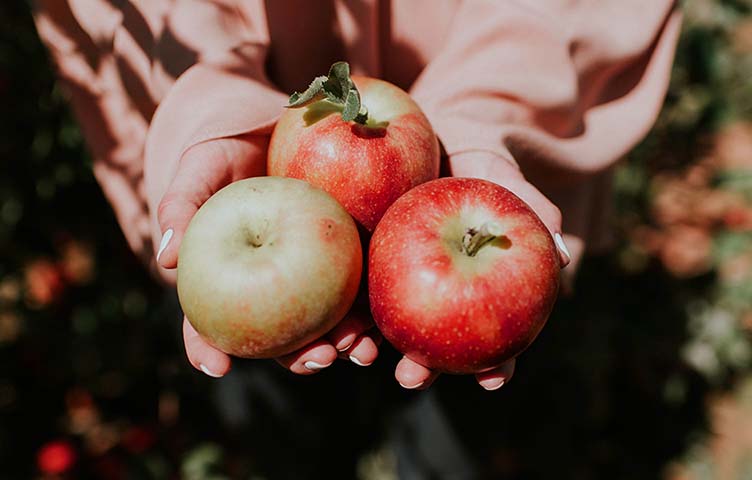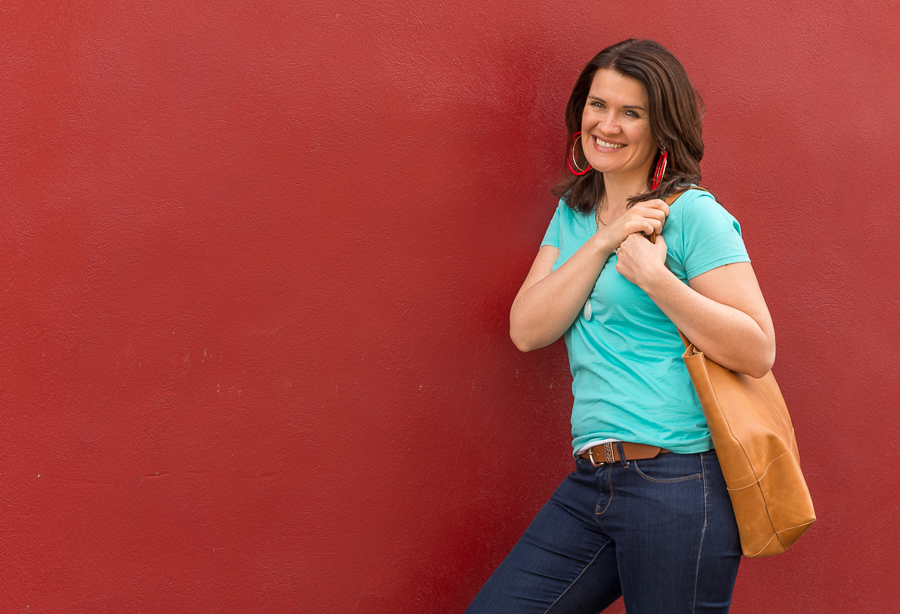Have you ever been to a school dance or wedding reception, where the DJ was really good? Where not only did they have a phenomenal playlist, but they also had fantastic transitions from song to song? When this happens, the music literally doesn’t stop, and neither does the dancing.
Sometimes, I wish it was like this with friendships.
Similar to the way a DJ smoothly changes from one song to the next, I wish our friends would move in and out of our lives just as seamlessly.
Ok, truthfully: I wish some friendships would never end. Period.
But because people change, friendships change. So what I’m saying is I’d like it if these transitions were easier. If people changed dance partners because it was part of the dance (a la Jane Austen era). Not because one person likes another better, or their lives or interests have changed, as is so often the case. For a minute or for what feels like eternity, many of us find ourselves on the dance floor all alone.
For a minute or for what feels like eternity, many of us find ourselves on the dance floor all alone.
Friendships are hard. When they end, it can be difficult not to take it personally. Only the truth is many of us were never taught what healthy friendships are meant to look like. What expectations these important relationships are—and are not—supposed to meet. But,
Wouldn’t it be great if there was a “how to” guide?
Now I wish I could tell you I have figured out the dance of friendship. That I could teach you the steps so that you would never feel alone in your life again. Only, I am still figuring them out. I can however, share five things I am learning about friendship. Things, I hope will encourage and help you on your journey.
Don’t just rely on one friend or source for friendship.
As I shared Monday, I learned the hard way about “secondary friendships”—relationships built around a common place or interest. I also learned that if a common place/interest changes, and your friendship hasn’t grown beyond the one thing you share—it will end too. For this reason, it is good for us to take stock of our friendships in our lives and makes sure we’re building relationships in more than one area. For instance, if all our friends are people we work with, it’s time to find a hobby or join a cause to broaden our friendship base.
Seek to grow your friendships by dong things IRL (in real life).
Another thing I learned about “secondary friendships” is that they can become primary friendships, if we’re able grow these relationships beyond what we have in common. If there is a friend we’re becoming close to, we need to look for ways to slowly invite them into other areas of our lives. And to pay attention to see if they’re seeking to do the same with us. By bringing those friendships into our real lives, it’s possible that they will last longer.
Sure, meet friends online, but figure out how to continue those relationships in the real world.
Last year, I joined an online writer’s group. Then a group of us who live in Central Pennsylvania got together for coffee. After that first gathering, one of the women asked me if I’d want to meet for lunch sometime. Out of that first meeting a good friendship has formed. Online friendships are fun, but face to face friendships are where the deep connections we crave are formed. If you’ve made a friend online, figure out how to safely meet them in real life.
Don’t expect your friends to stick around forever.
It is amazing how many life changes we go through, even after we graduate college and settle into a career. I’ve had friendships change when I got married and my friends were still single, then when my friends had kids and we didn’t. You never know what things will separate you and a friend. So when you experience the distance between you begin to grow, try to let them go with as much love as you can.
Your friends aren’t your counselors and vice versa.
For part of my early twenties, I had friendships where I should have been charging counseling fees. Most of our time hanging out involved me listening and encouraging, which left little time for us to have fun or for me to talk about my stuff. But then, in my late twenties, I hit a rough patch. In different friendships, I found myself leaning too heavily on my people for what I was going through—when what I really needed was counseling. Thankfully, two of my closest friends encouraged me to go to a counselor—and it made a huge difference in my life. Yes, a big part of friendship is being there for each other, but if your conversations keep circling around the same hard stuff—your’s or their’s—it’s time for one or both of you to get help.
What hard lessons have you learned about friendship?
Which of these do you need to pay attention to in this season of your life?
Last month, many of us filled out my Start Here: Dream Planner, to help us plan our 2020, set goals to work toward our dreams, and to see how our lives are aligning with our values. But we also looked at how we want our relationships to be better this year. If you want to live more intentionally in 2020–Sign up here, for my free Start Here: Dream Planner to help you do all these things and more!

